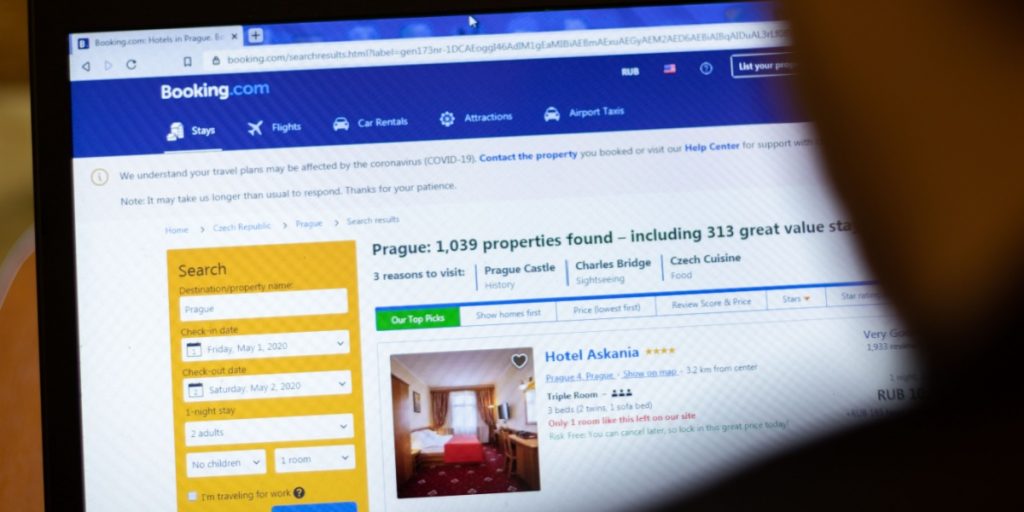Hotels in the EU can now offer lower room rates on their own websites compared to those on Booking.com, following new regulations under the EU’s Digital Markets Act.
Others are reading now
Under new EU regulations, hotels will soon be able to offer room prices on their own websites that are lower than those listed on Booking.com. This change follows the designation of Booking.com as a “gatekeeper” under the EU’s Digital Markets Act (DMA), which took effect in early March.
The European Commission has announced that the DMA prohibits gatekeeper platforms like Booking.com from enforcing parity clauses that previously prevented hotels from setting lower prices on their own websites.
This development is expected to significantly benefit hotels by allowing them to avoid costly commissions.
Also read
Economic Benefits for Hotels
Lars Ramme Nielsen, Industry Director for Tourism, Experience, and Culture at Danish Business, expressed optimism about the new regulation.
“The hope is that many consumers will choose to book directly with hotels. This will be advantageous for consumers because it’s cheaper, and hotels can completely save on the commission,” he told Danish news channel DR.
Commission rates, which vary between hotel chains, typically range from 15 to 23 percent, according to Nielsen. Eliminating these fees could notably improve hotel earnings by encouraging direct bookings.
Booking.com has been given a six-month period to comply with the DMA’s requirements. During this time, the price parity clauses will remain in effect.
Gatekeeper Companies
The European Commission designates platforms as gatekeepers based on several criteria, including their strong economic position and the ability to connect a significant number of users with numerous businesses.
In September, the Commission named the first six gatekeeper platforms, including tech giants like Alphabet (Google’s parent company), Amazon, Apple, ByteDance (TikTok’s parent company), Meta, and Microsoft.
The Commission has also reviewed two advertising companies, X Ads and TikTok Ads, but opted not to designate these as gatekeepers.
A market investigation into the platform X is currently underway and expected to conclude within five months.


